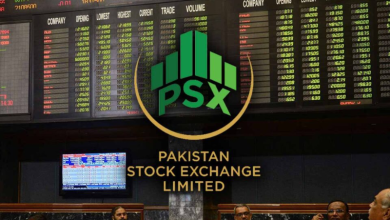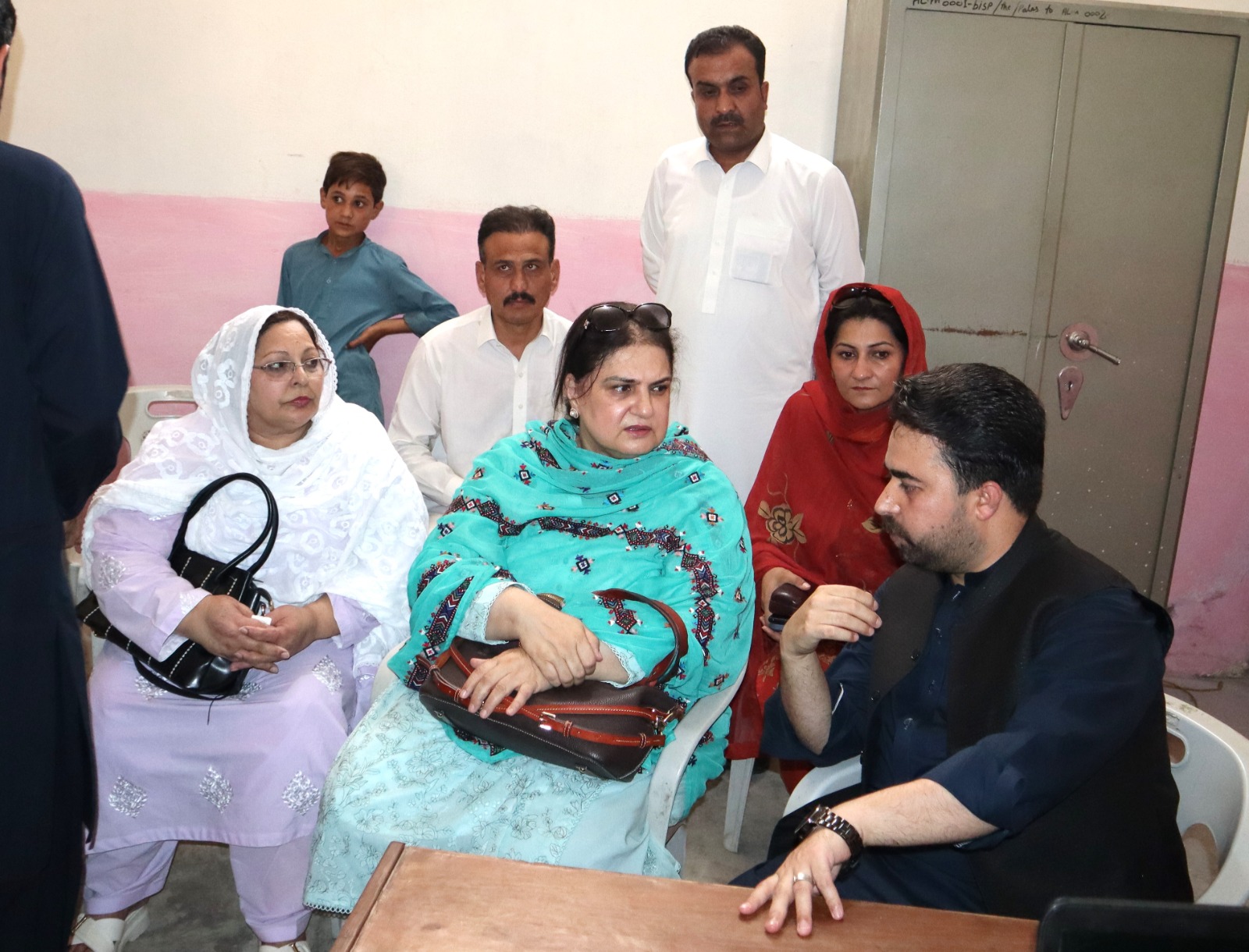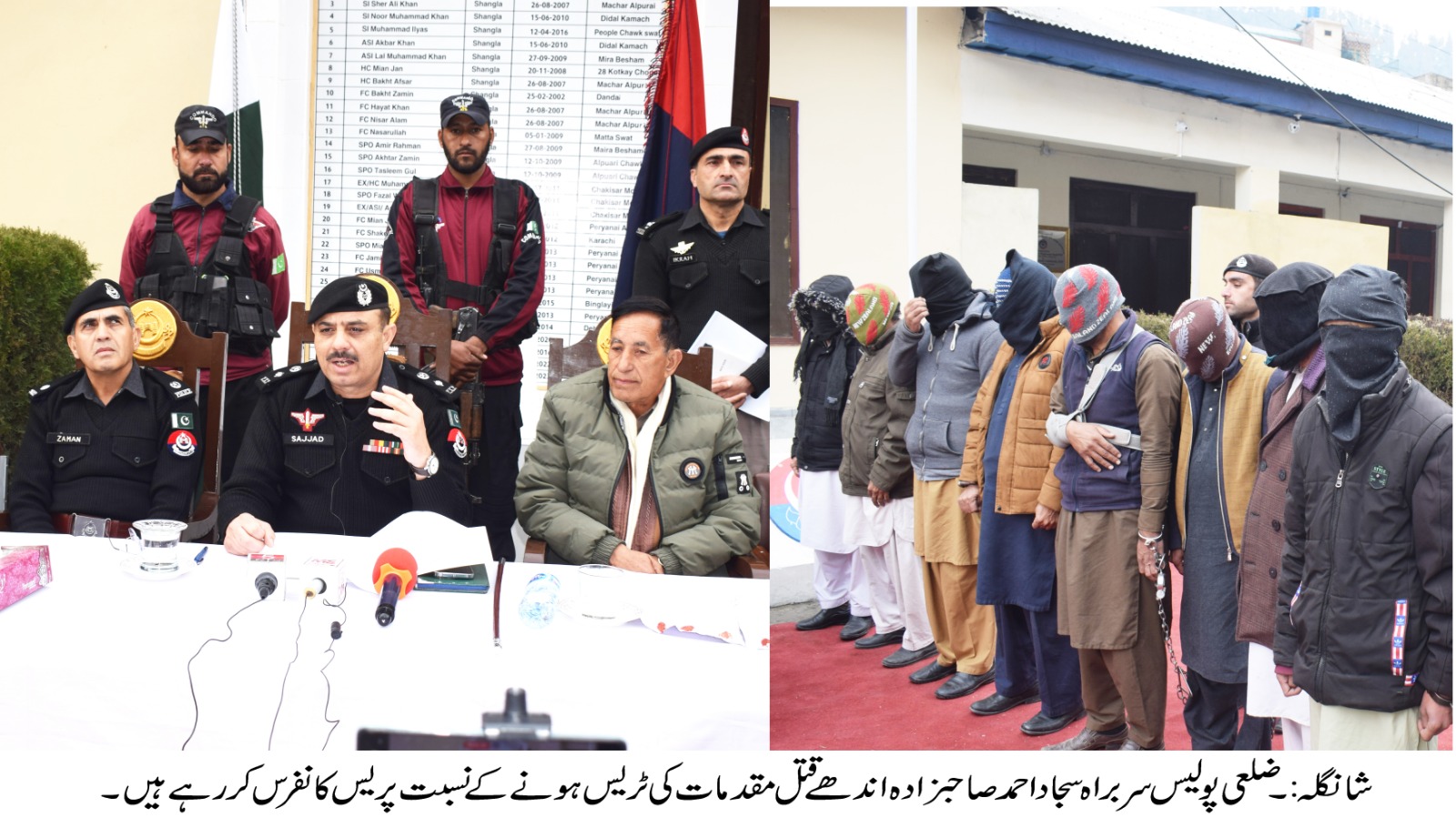In budget negotiations between Pakistan and the International Monetary Fund (IMF), IMF has agreed to provide significant income tax relief to the salaried class. According to official sources, the IMF has accepted Pakistan’s proposal to reduce income tax rates across all salary slabs, easing the financial burden on working individuals.
The relief will be implemented through amendments to Section 129 of the Income Tax Ordinance, which governs tax exemptions and concessions. One of the key changes includes raising the annual tax-free income threshold from Rs600,000 to Rs1 million. This means monthly salaries up to Rs83,000 will become tax-exempt, a substantial increase from the current Rs50,000 limit.
Under the revised tax structure, the income tax rate on a monthly salary of Rs100,000 may be halved from 5% to 2.5%. Similarly, for those earning Rs183,000 per month, the rate could drop from 15% to 12.5%. Employees making Rs267,000 monthly may see their tax rate reduced from 25% to 22.5%, while those earning up to Rs333,000 could face a lower rate of 27.5% instead of 30%. The highest tax bracket may also see a reduction, with the maximum rate decreasing from 35% to 32.5% for salaries above Rs333,000.
In another crucial development, the IMF has acknowledged Pakistan’s defence priorities. Sources close to the negotiations revealed that the government emphasized the necessity of maintaining essential defence expenditures, and the Fund has agreed to allow necessary increases in the defence budget. This marks a significant concession in Pakistan’s favour as both sides finalize fiscal plans for the upcoming year.
Additionally, the upcoming federal budget for 2025-26 is expected to include inflation-adjusted salary hikes for the salaried class to counter rising living costs. Meanwhile, the government is facing pressure from civil servants demanding higher wages, with some groups threatening protests if their demands are not met.
On the taxation front, the Federal Board of Revenue (FBR) is finalizing measures to discourage cash transactions and promote digital payments. Proposals under consideration include additional charges on cash fuel purchases and higher taxes on cash-based transactions by manufacturers and retailers. Petrol pumps will also be equipped with digital payment options, though cash payments will still be allowed at a higher cost.
However, sources confirmed that no new measures are being introduced to bring professionals like doctors, lawyers, jewelers, or marriage halls into the tax net in the upcoming budget. The government’s focus remains on providing relief to salaried individuals while ensuring compliance with IMF conditions for economic stability.
Also read: Pakistan’s salaried class tax relief hinges on IMF approval





